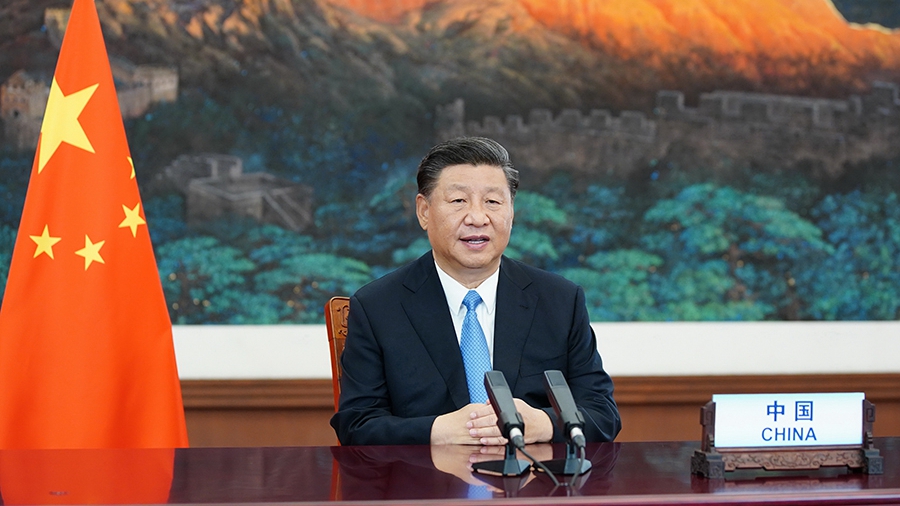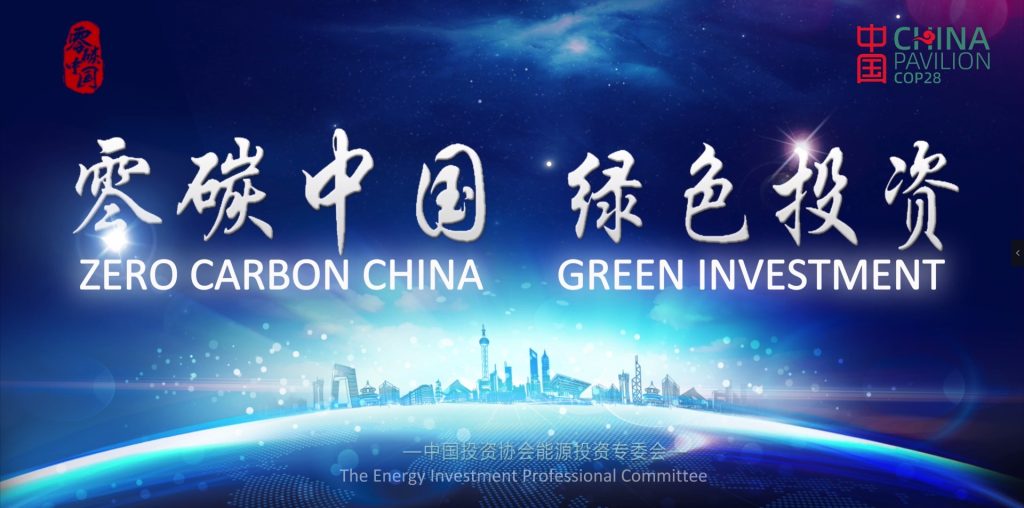About Us

On September 22, 2020 during the 75th Session of the United Nations General Assembly, China’s President Xi Jinping committed China to an aggressive “scaling up” of its “Intended Nationally Determined Contributions” by adopting more vigorous policies and measures. “We aim to have CO2 emissions peak before 2030 and achieve carbon neutrality before 2060,” he stated definitively. President Xi intuitively understood that
without a defined target the world couldn’t rally all nations to real accountability and action.
Indeed, China’s challenge to itself and the world is daily having the intended effect that President Xi sought.
Climate change is related to the survival and nature of human society: Serious and urgent actions are needed now to address it. The Paris agreement, the basic institutional framework for international climate cooperation after 2020, sets the ambitious goal of “limiting the increase in global average temperature to within 2 degrees Celsius of pre-industrial levels and aiming to limit the temperature increase within 1.5 degrees Celsius during this century.
According to the 2018 study by United Nations Intergovernmental Panel on Climate Change (IPCC), this goal must be achieved by cutting total annual global greenhouse gas emissions by half before 2030 and achieving net zero emissions by mid-century. President Xi was correct to challenge all nations to the goals of Carbon Peak and Carbon Neutrality: given the scientifically justified global carbon emissions reduction actions required. President Xi further pointed out that the new opportunities for international energy and economic transformation and cooperation might overcome the barriers to working together for common purpose.

